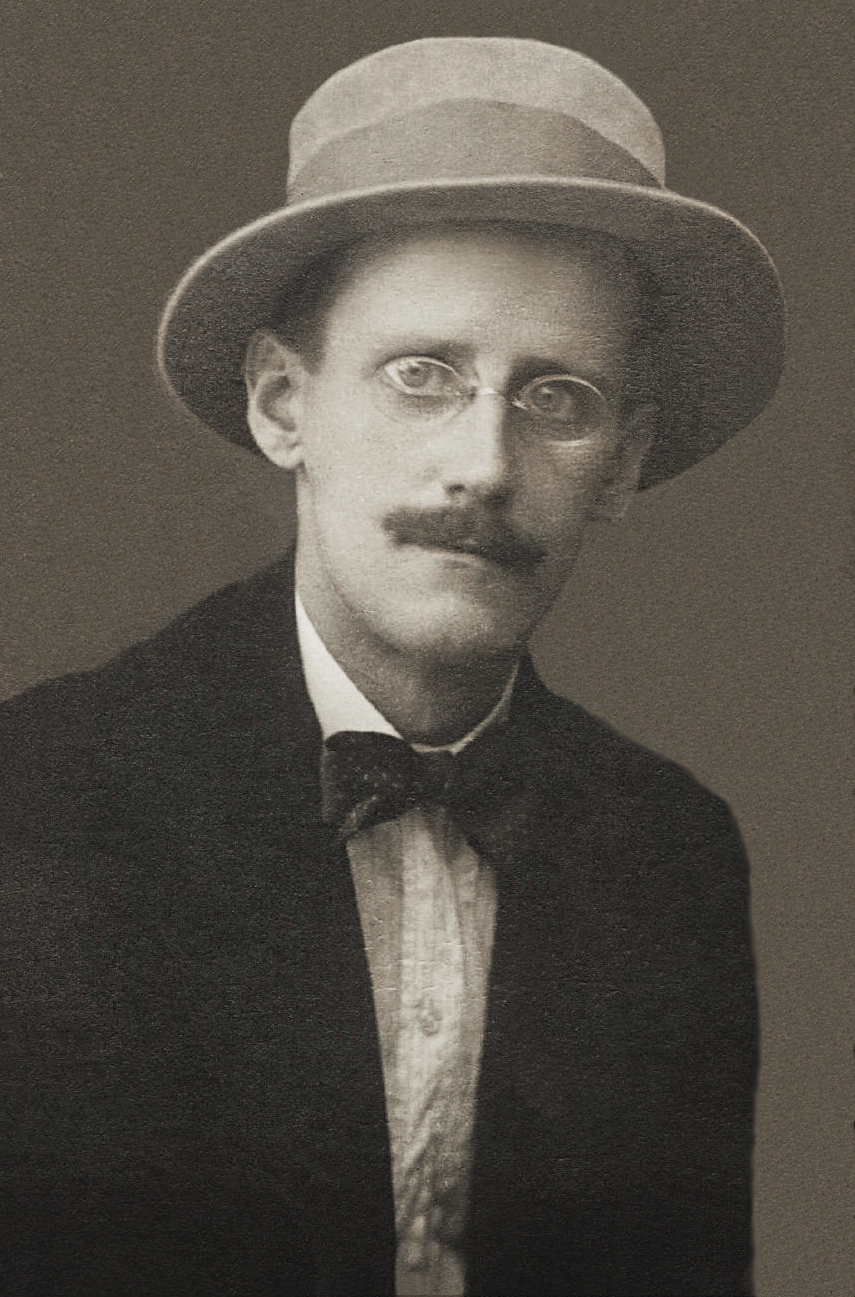Author
 }}
}}In legal discourse, an author is the creator of an original work that has been published, whether that work is in written, graphic, or recorded medium. The creation of such a work is an act of authorship. Thus, a sculptor, painter, or composer, is an author of their respective sculptures, paintings, or compositions, even though in common parlance, an author is often thought of as the writer of a book, article, play, or other written work. In the case of a work for hire, the employer or commissioning party is considered the author of the work, even if they did not write or otherwise create the work, but merely instructed another individual to do so.
Typically, the first owner of a copyright is the person who created the work, i.e. the author. If more than one person created the work, then a case of joint authorship takes place. Copyright laws differ around the world. The United States Copyright Office, for example, defines copyright as "a form of protection provided by the laws of the United States (title 17, U.S. Code) to authors of 'original works of authorship.
Some works are considered to be authorless. For example, the monkey selfie copyright dispute in the 2010s involved photographs taken by Celebes crested macaques using equipment belonging to a nature photographer. The photographer asserted authorship of the photographs, which the United States Copyright Office denied, stating: "To qualify as a work of 'authorship' a work must be created by a human being". More recently, questions have arisen as to whether images or text created by a generative artificial intelligence have an author. Provided by Wikipedia
Showing 1 - 20 results of 2,392 for search '1992- , author', query time: 0.04s
Refine Results
-
1
-
2
-
3
-
4
-
5
-
6
-
7
-
8
-
9
-
10
-
11
-
12
-
13
-
14
-
15
-
16
-
17
-
18
-
19
-
20